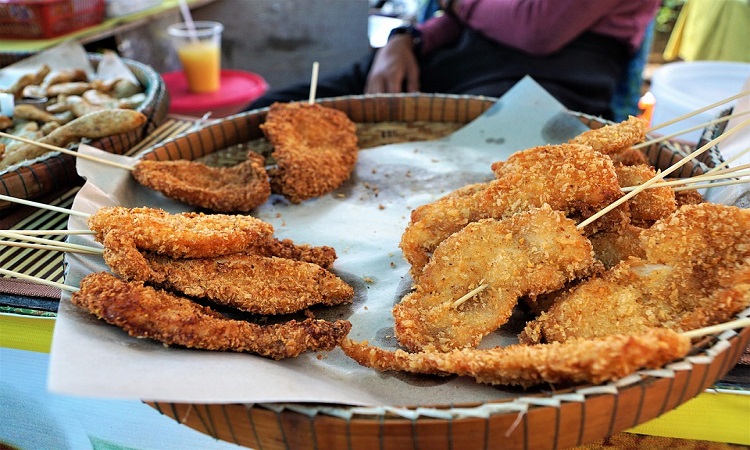Scientists from Virginia Polytechnic Institute and State University (Virginia Tech) discovered a method to turn food waste into batteries. Feng Lin and Haibo Huang, academics in charge of the project, released the details in a press release published by the American Association for the Advancement of Science (AAAS).
According to the United Nations (UN), a person wastes around 74 kilograms of food a year. In 2019 this figure represented a total waste of 931 million tons worldwide. In this sense, Virginia Tech scientists investigated how to take advantage of individual waste and the sum of biomass wasted by agriculture, in order to transform it into storable energy sources. This measure also responds to the economic and environmental difficulties of the production of electrical energy by lithium batteries and other alkaline elements, they indicated.
Through bioprocessing food waste, Lin and Huang created a carbon material with organic fibers. Among the most common foods are fruit peels and hearts, seeds, and legumes. Thanks to its organic properties, it is possible to modify the waste until reaching a material made mainly of this chemical element. The application of carbon consists of placing it as the anode of the battery, which allows the passage of electron charges, and allows higher energy charges.
The Energy Storage Association (ESA) of the United States reported, the Covid-19 pandemic created difficulties in the development and storage of energy for batteries. The total energy capacity for batteries in the country will be 7.5 gigawatts (GW) in 2025, compared to the figure of 1.2 GW registered in 2020. However, the amount could have tripled without the effects of the pandemic, said Kelly Speakes- Backman, secretary of renewable energy for the Department of Energy (DOE). According to the Inter-American Development Bank (IDB), the containment measures caused a high demand and consumption of electricity in various sectors. Likewise, with teleworking and mixed labor schemes, the intensive use of electricity presented ups and downs, whose demand has recovered intermittently during the new normal.
By combining the use of organic matter and batteries, the Virginia Tech project represents an opportunity to drive energy storage alternatives, and reduce excess food waste. “We can solve two pressing problems in two different industries. Also, a lot of energy is used in the food supply chain,” Huang said. The scientists concluded, although this technology shows a favorable outlook for being less reliant on lithium, its industrial application requires more tests and quality controls.




